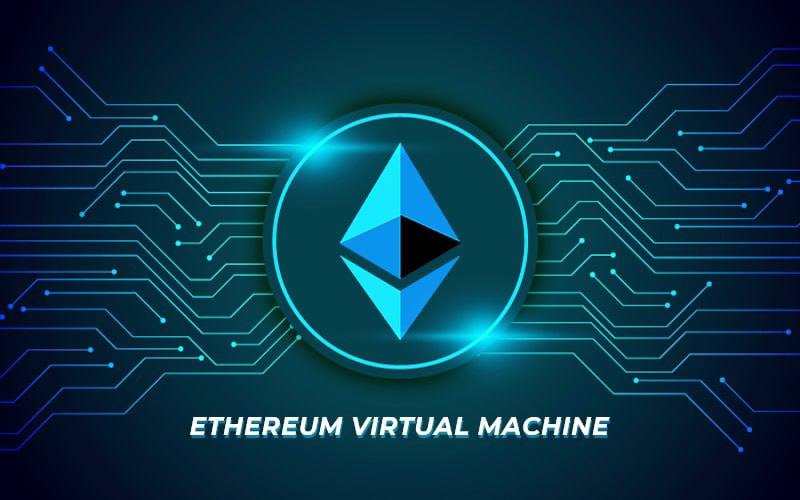
what is Ethereum Virtual Machine
Today we’re discussing about What is Ethereum Virtual Machine (EVM) ? in Crypto. It executes the Smart Contract in Ethereum Blockchain. It is also a Crucial component of ethereum platform.
Ethereum Virtual Machine (EVM)
The Ethereum Virtual Machine (EVM) is a runtime environment that executes smart contracts on the Ethereum blockchain. It is a crucial component of the Ethereum platform, providing a sandboxed and isolated environment for the execution of decentralized applications (d-Apps) and smart contracts written in different programming languages.
Here’s how the Ethereum Virtual Machine works:
– Execution Environment: The EVM provides a virtualized execution environment for smart contracts. It is designed to be deterministic, meaning that given the same inputs, the output of the contract’s execution will always be the same across all nodes in the Ethereum network.
– Stack-based Architecture: The EVM employs a stack-based architecture, where data is stored and manipulated using a stack data structure. It allows for efficient execution of operations by pushing values onto the stack, performing computations, and popping values off the stack.
– Turing Completeness: The EVM is considered Turing complete, which means it can theoretically perform any computation that a Turing machine can. This allows for the execution of complex and arbitrary logic within smart contracts, enabling a wide range of decentralized applications and use cases.
– Gas System: To prevent abuse and ensure efficient use of network resources, the EVM introduces a gas system. Each computational step in a smart contract consumes a certain amount of gas, and users must pay for the gas consumed. Gas serves as a measure of computational effort, and it helps prevent infinite loops, spam attacks, or resource-intensive operations that could potentially disrupt the network.
– Opcodes and Instructions: The EVM operates on a set of opcodes and instructions that define the available operations and computations it can perform. These opcodes include arithmetic operations, control flow instructions, cryptographic operations, storage operations, and more. Smart contracts are compiled into a bytecode format consisting of these opcodes, which are then executed by the EVM.
– Deterministic Execution: The EVM ensures deterministic execution by requiring all network nodes to execute and validate smart contracts’ results. This consensus mechanism guarantees that smart contracts produce the same output across the network, preventing inconsistencies or fraudulent behavior.
The EVM acts as a virtual layer on top of the Ethereum blockchain, enabling the execution of smart contracts and the development of decentralized applications. It provides developers with a secure and standardized environment to deploy and execute code, fostering innovation and programmability within the Ethereum ecosystem.
It’s important to note that the EVM is specific to the Ethereum blockchain and differs from other virtual machines or execution environments used in different blockchain platforms. Each blockchain platform may have its own virtual machine with its own set of features, capabilities, and instruction sets.


